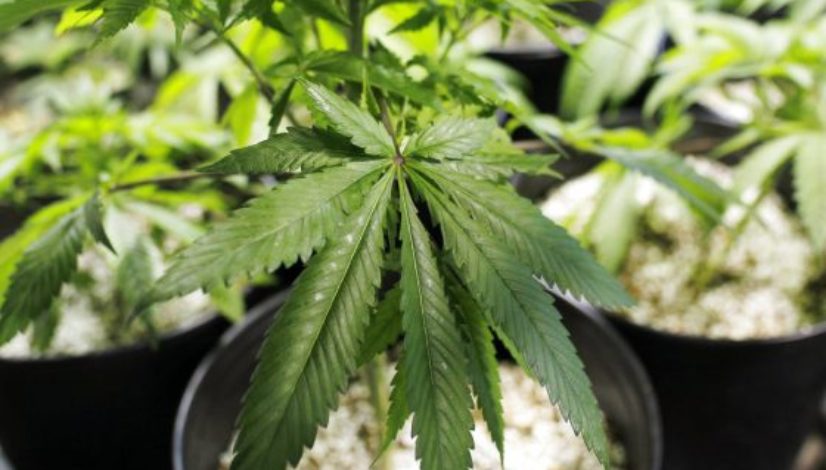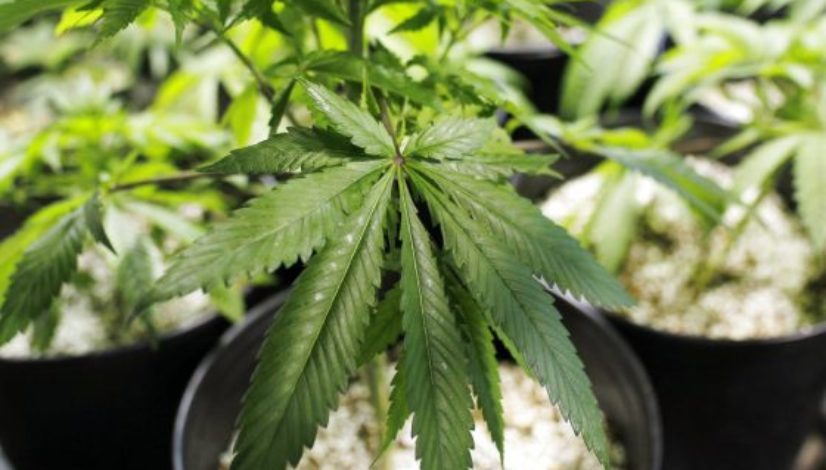What West Virginia’s medical cannabis program looks like so far

Published: Sep 19, 2017, 3:34 pm • Updated: Sep 19, 2017, 3:40 pm
By David Beard, The Dominion Post
CHARLESTON — Following the passage of the landmark medical cannabis bill last session, the Bureau for Public Health has been working to roll out the program.
The Joint Committee on Health got a look at the work of the bureau’s new Office of Medical Cannabis on Monday afternoon.
“This is all about compassion,” Bureau Commissioner Rahul Gupta told the members, “Providing compassion to the people of West Virginia.”
SB 386, the medical cannabis bill, passed the Senate at the end of March and would have died in the House, but members revolted against leadership and brought it to the floor without committee consideration.
Judiciary chair John Shott, R-Mercer, substantially rewrote it to make it more restrictive, but supporters preferred something to nothing and approved the rewrite. The Senate signed on and approved final passage April 6, just three days before the end of the session.
Since its passage, Gupta said he gets calls every day from investors looking for a piece of the cannabis business pie and from patients who want to know when they can get their ID cards and relief from their suffering.
Related stories
- Can marijuana rescue coal country?
- West Virginia hemp farming a growth industry
- These states offer incentives to support minority cannabis business owners
- It’s official: West Virginia becomes 29th medical marijuana state
- West Virginia medical marijuana bill gets House OK; here’s what’s ahead
All the program pieces have to be in place by July 1, 2019, Bureau General Counsel Brian Skinner told members, so they’re already working on developing the legislative rules that will govern the program and must be approved by the Legislature.
He reviewed some of the program highlights. Doctors who want to participate will be able to certify patients to receive medical cannabis based on 15 specified conditions in the bill. The program will allow for 10 approved growers, 10 approved processors and 30 dispensaries situated among five regions. Growers and producers cannot be dispensers.
The cannabis office expects to release applications for growers, processors and dispensers in the first quarter of 2018, he said.
The program will allow cannabis to be dispensed in various forms, including pills, oils and nebulizing liquids, but not in dry leaf or plant form.
The Medical Cannabis Advisory Board will have the power to review the demand for the product and consider whether to expand the number of growers, providers and dispensers, and to consider permitting dry leaf product for vaporization, Skinner said.
Bureau Deputy Commissioner Barbara Taylor outlined the office’s work plan. Among the things is has to do is establish a two-hour training program for growers, processors and dispensers, a four-hour training program for physicians, and set up a real-time “seed to sale” tracking system with the vendor that developed the system.
“We’ve got a lot of work ahead of us in the next several months,” she said.
Members had some questions for the bureau staff. Sen. Ron Stollings, D-Boone, and a physician, asked how the program will accommodate veterans who are served by the VA system, since cannabis is federally illegal.
Gupta said that’s a concern, and they don’t have an answer yet, but need to find one. One option may be to send the vets into a different care system just for that purpose, where physicians will be allowed to certify them.
Delegate Mike Pushkin, D-Kanawha, and one of the leading supporters of SB 386, addressed a few flaws in the bill and suggested that requiring patients to wait until July 2019 to get ID cards is working backwards, as there will be no way to estimate the demand.
Pushkin wondered about some sort of pre-certification process and Gupta said they’re considering that.
Cannabis board member Jesse Forbes told the members that the program has drawn significant interest from the business community, and public attendance at the board’s first meeting was standing room only.
The board meets next from 1-3 p.m. Oct. 11, at the University of Charleston. Forbes said interest is so widespread that they want to old meetings around the state to allow more people to attend.
The bureau has a link to full information about the cannabis program and office, at dhhr.wv.gov/bph.
Information from The Dominion Post (Morgantown, W.Va.)
Topics: medical marijuana, regulations, West Virginia




